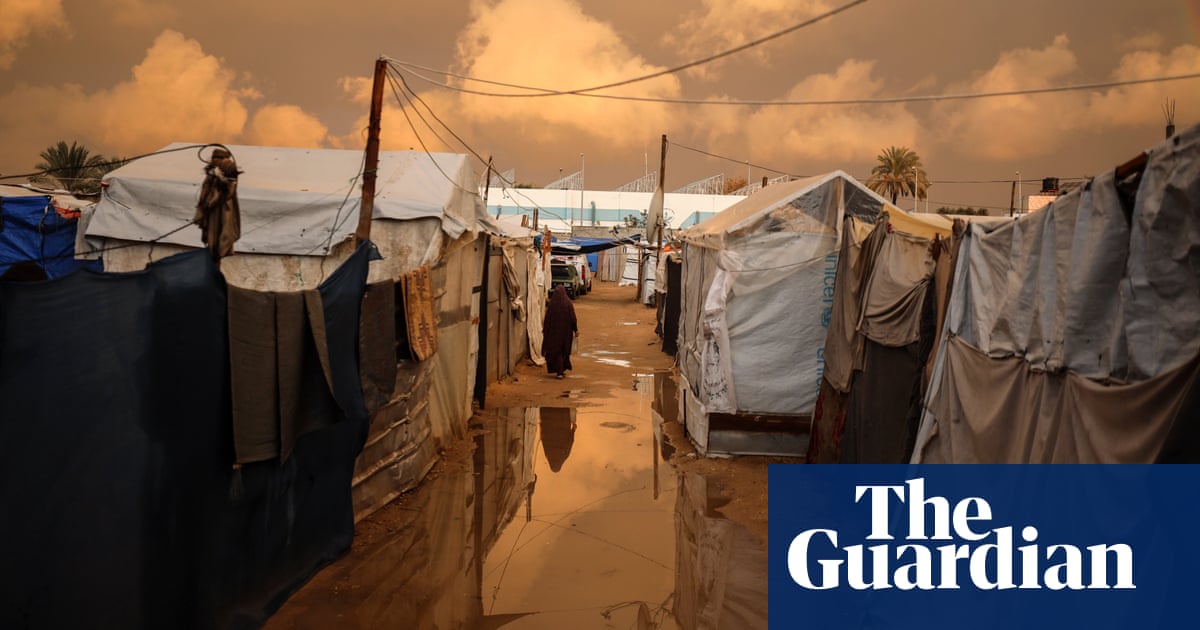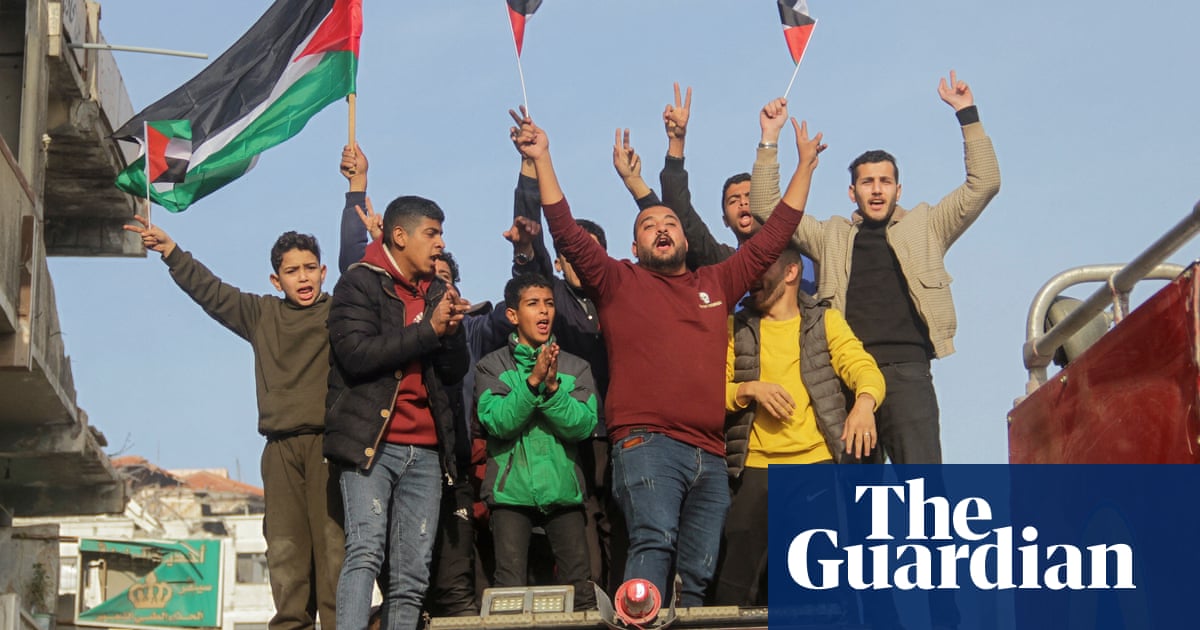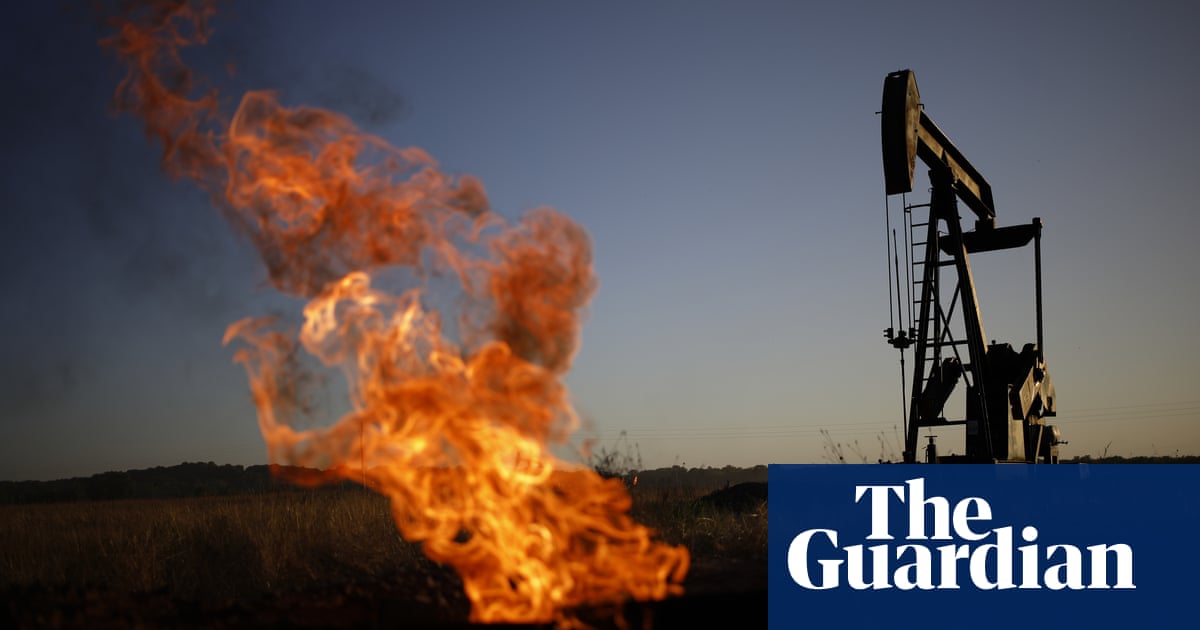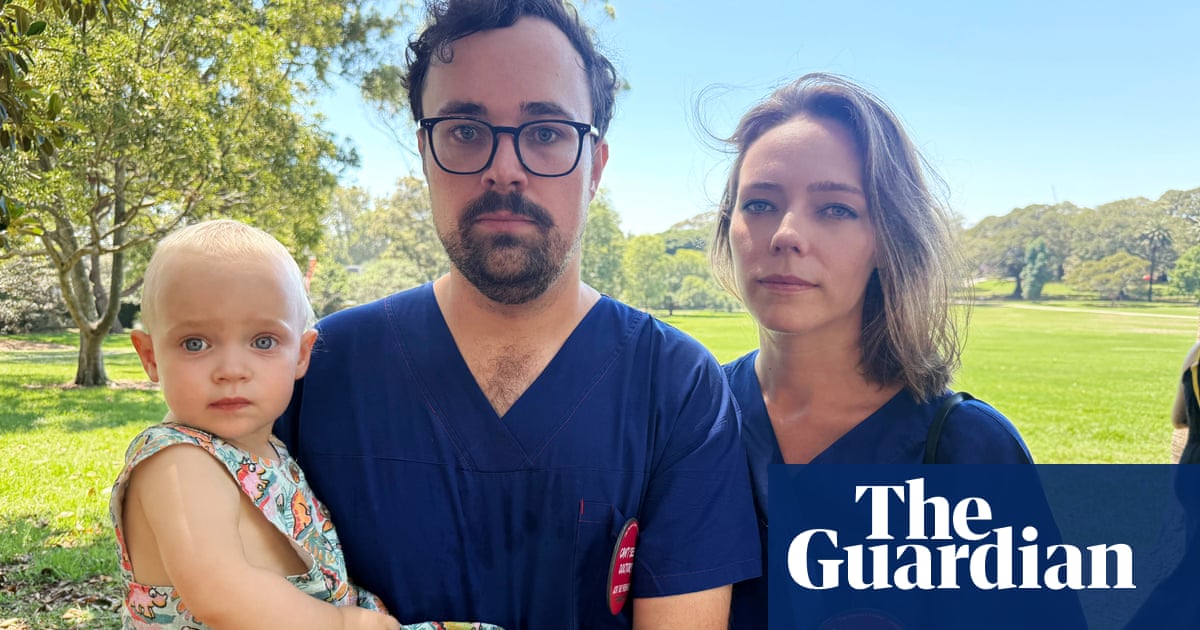Almost 1,000 Palestinian and Israeli nationals have been offered temporary humanitarian visas in Australia since last October, new data shows, as the six-week ceasefire between Israel and Hamas in Gaza begins.
The humanitarian pathway for those affected by the conflict was introduced in October 2024 for the more than 1,300 Palestinians in Australia on visitor visas but prevents them from applying for permanent protection.
Advocates have applauded the new two-stage process, which gives visa holders access to social benefits and grants them working rights, but remain critical of the lack of pathways for permanent protection.
The home affairs department has offered 995 Palestinian and Israeli nationals the three-year humanitarian visa as of 15 January, figures obtained by Guardian Australia show.
More than 210 have been granted the subclass 449 visa. This first stage of the process gives visa holders access to social payments, working and study rights as well as settlement and transition programs, including English tuition classes.
Sixty-six others have been granted the subclass 786 visa, which allows visa holders to access Medicare.
The home affairs minister, Tony Burke, said the pathway was similar to that offered to Ukrainians in 2022 after Russia invaded.
“After extensive security checks, we have been offering humanitarian visas to people affected by the conflict in Gaza. This is the same visa which was offered to people fleeing the conflict in Ukraine,” Burke said in a statement.
“The Ukrainians who were given the temporary humanitarian visa are now going through the process of attaining permanent visas.”
Before the temporary pathway was introduced for the Gaza conflict in October 2024, 1,033 Palestinians had applied onshore for permanent protection.
The figure had been steadily climbing throughout 2024, growing by another 55 in November. However, lodgements had dropped to fewer than 26 by the end of December 2024, the department’s figures show.
While the temporary visa provides those fleeing the conflict with additional rights, the department warned individuals it precludes them from also applying for a permanent protection visa.
Some Ukrainians who fled Russia’s invasion on expiring temporary humanitarian visas have since been offered permanent pathways in Australia, leaving the possibility open for a future government to do the same for Palestinians.
Sarah Dale, the Refugee Advice and Casework Service (RACS) director, said permanent protection was needed “given the horror that we have seen in Gaza”.
“It is apparent that this community has very real and significant protection needs. It’s RACS’s view that we should be acknowledging those protection needs and granting people permanent protection,” she said.
The Greens senator, David Shoebridge, said the process had been too slow.
Unlike other visas processes, Palestinian and Israeli nationals fleeing the conflict cannot apply for the temporary humanitarian visa. It is only available by invitation of the home affairs minister.
Shoebridge said Australia needed to overhaul its visa rules in responding to international crises to avoid the process being impacted by “narrow political interests”.
“We need to return this to the department to process visas independently, not based on the next opinion poll,” he said.
“After years of ad hoc refugee responses to rolling disasters in Sudan, Syria, Afghanistan, Ukraine and Palestine, it is clear we need a simpler and predictable policy in place for future crises. This disaster-by-disaster approach only benefits the minister at the time, who can wield discretionary visas powers based on narrow political interests.”
An initial six-week ceasefire between Israeli and Hamas forces in Gaza came into effect on Sunday afternoon Australian time.
The deal, announced by Qatar’s prime minister, has three phases, including a prisoner and hostage swap and is seen as a stepping stone towards ending a conflict that has resulted in the deaths of more than 46,000 Palestinians in the territory.
The Israeli prime minister, Benjamin Netanyahu, has warned Israel’s “campaign is not over yet” and has reserved the “right to resume fighting if the second stage is fruitless”.
Anthony Albanese said he was “certainly hopeful” the ceasefire would hold.
“We want to see hostages released, we want to see proper aid be able to get to the people of Gaza, and we want Israelis and Palestinians to be able to live in peace and security,” he said on Sunday.
Nine in 10 homes in Gaza have been destroyed or damaged, the latest UN figures show, with around 60% of buildings across the besieged strip estimated to be damaged or destroyed.
In January, the World Health Organization said there had been 654 attacks on health facilities recorded since the start of the war and almost every school building in Gaza has been damaged or destroyed.
Article by:Source – Sarah Basford Canales













